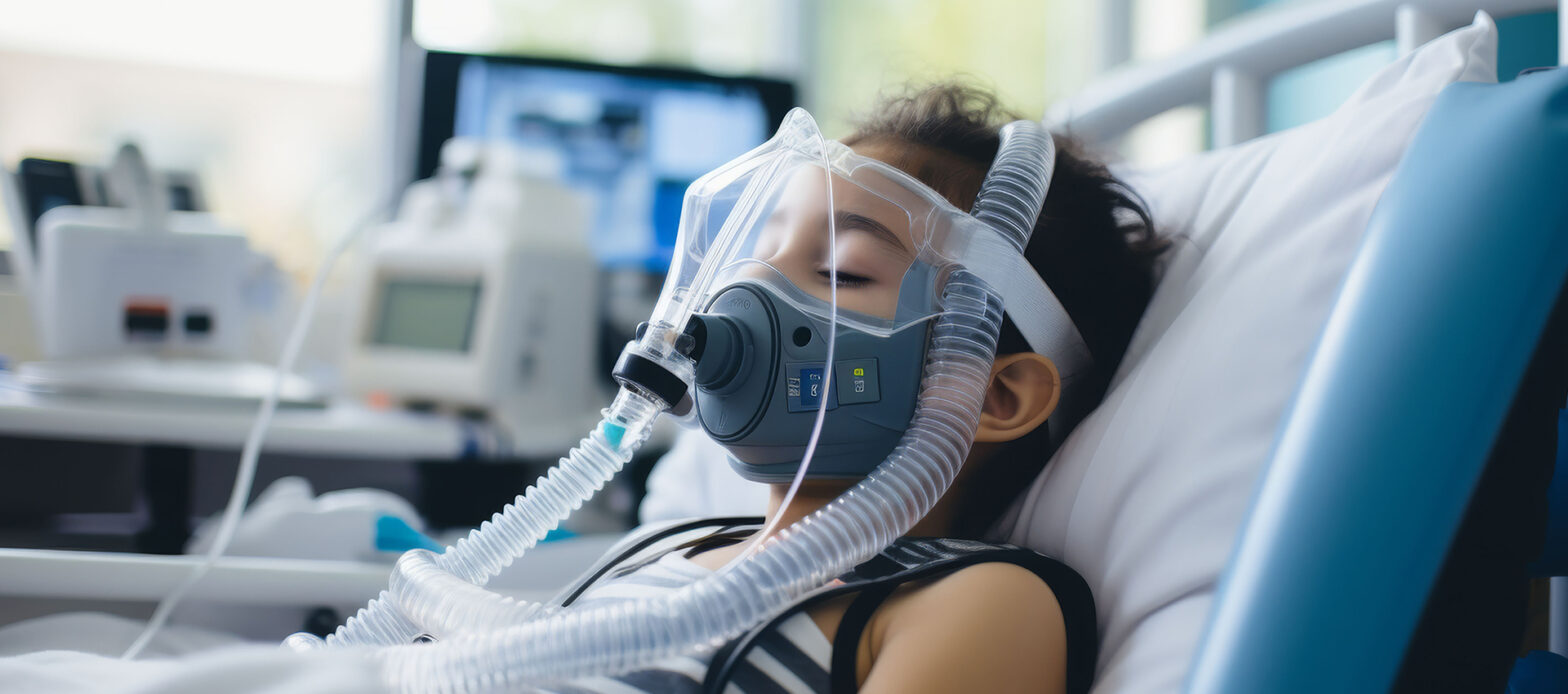
As we delve deeper into the 21st century, the landscape of respiratory care is being profoundly transformed by technological innovations. These advancements are setting new standards in how we diagnose, manage, and treat respiratory conditions, offering hope and improved outcomes for patients worldwide.
Intensive Care Units (ICUs) are pivotal in managing severe respiratory disorders. They are equipped with advanced technologies that allow for comprehensive care, including complex ventilator management and specialized gas treatments like heliox and nitric oxide. These capabilities are crucial in supporting critical patients, ensuring they receive the best possible care in urgent situations.
The future of respiratory care is becoming increasingly personalized. Treatments are now being tailored to individual genetic profiles, lifestyles, and environmental conditions. This approach is enhanced by the integration of pharmacogenomics, which optimizes medication efficacy and safety by aligning with a patient’s genetic makeup. Furthermore, wearable technologies are revolutionizing patient monitoring by providing continuous data on respiratory patterns, facilitating timely and specific interventions.
Artificial Intelligence (AI) and Machine Learning (ML) are reshaping respiratory care by enabling the analysis of large datasets with unparalleled speed and accuracy. These technologies assist in optimizing ventilator settings, enhancing diagnostic procedures, and predicting disease progression. AI applications in analyzing medical imaging and managing chronic conditions like COPD and asthma are improving diagnosis accuracy and patient management, marking a significant leap forward in respiratory healthcare.
Gene therapy and stem cell research are at the cutting edge of treating respiratory diseases at the molecular level. Techniques like gene editing and the use of induced pluripotent stem cells (iPSCs) offer the potential to repair damaged lung tissue and treat conditions such as COPD and lung degeneration. The development of regenerative medicine holds promise for restoring lung function and significantly improving patient quality of life.
The intersection of healthcare and environmental sustainability is becoming increasingly important in respiratory care. As we develop new technologies, it’s crucial to ensure that they not only advance medical care but also promote environmental health. Innovations in cleaner air technologies and intelligent environmental monitoring are helping to reduce the triggers of respiratory conditions, leading to better health outcomes.
With the rapid integration of AI into healthcare, ethical considerations must be addressed to maintain trust and integrity in medical practices. Transparency in AI algorithms, safeguarding data privacy, and balancing innovation with patient safety are essential components in fostering an ethical approach to the new technologies shaping respiratory care.
The integration of cutting-edge technologies into respiratory care is transforming the field, making treatments more personalized, precise, and effective. As OxyMed continues to lead in adopting these innovations, they remain committed to improving patient outcomes and advancing healthcare. The journey of integrating these new technologies is complex but essential for providing a breath of fresh air to patients in need.
This extended version of the blog is crafted to provide a comprehensive overview of current trends and future directions in respiratory care, emphasizing the role of technology and ethical considerations in advancing patient care.